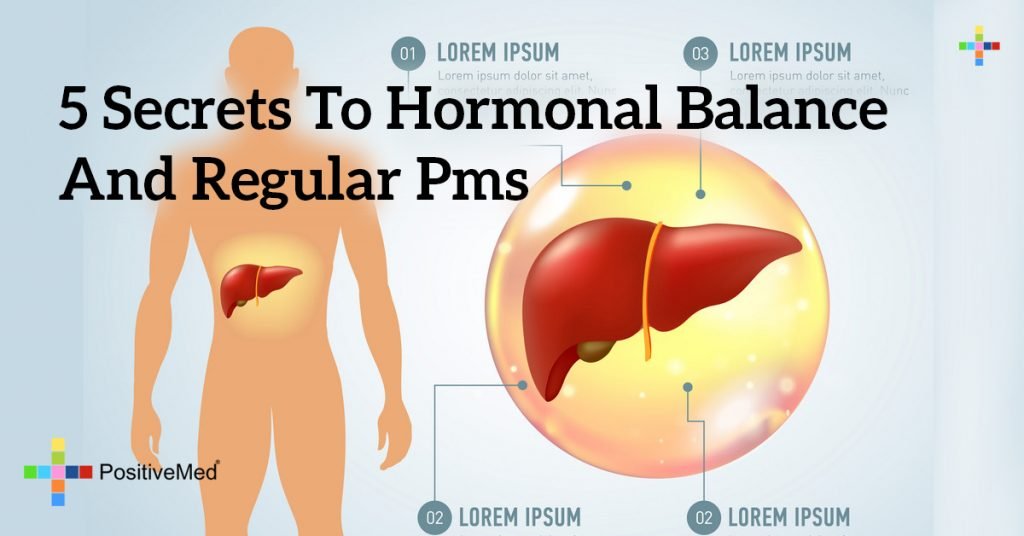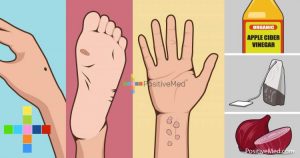
[nextpage title=”…”]When trying to alleviate the symptoms of PMS, the importance of eating well cannot be understated. The liver must be functioning healthily to remove the toxins from the blood and maintain normal glucose levels. Restrictive dieting can compound the problem by depriving the body of necessary nutrients and increase the likelihood of mood swings, fatigue, insomnia and a variety of menstrual irregularities. Knowing what to eat as well as what to avoid will help keep hormones balanced and minimize the effects of PMS.

1 Blood Sugar
Regulating blood sugar is critical to prevent the activation of the stress response, which inhibits the production of progesterone and causes hormonal imbalances. If the liver is not functioning well, the levels of glycogen in the blood can drop and result in adrenal activation. This further depletes the body’s resources and can lead to fatigue and irritability. To keep blood sugar levels normal, one must eat enough carbohydrates, fats, and protein. Some may have to eat more frequently if this is a particular issue.
2 Promoting Hormone Synthesis with Food
Vitamins like E and A, copper and foods from animal sources are essential for the healthy production of hormones. Foods that nourish the liver like eggs, dairy and seafood also promote its ability to keep the body free from toxins and provide a healthy balance if amino acids Things that suppress hormone synthesis should be avoided, such as unsaturated fats, iron-rich or fortified foods, and heavy meats. Other factors like birth control or exposure to UV and X-rays can also interfere with hormone production.
3 The Role of Endotoxins
Endotoxins are substances produced within the body that can be harmful if allowed to build up. One of the roles of the liver is to cleanse the blood of these toxins, but this function can be impeded when the liver is using its resources for other tasks, such as digestion.
RELATED ARTICLE: 4 PMS Signs You Can Fight Naturally
[/nextpage]
[nextpage title=”…”]
Foods that are easy to digest allow the liver to perform more efficiently by lower the amount of endotoxins that are produced. Fruits and root vegetables are recommended since they are light but still nutritious. Carrots are particularly good for absorbing toxins and excess estrogen, which are some of the main causes of PMS symptoms. Dairy is also a good source of easily digestible protein, as long as one is not lactose intolerant.
4 Maintaining Magnesium and Zinc Levels
Low levels of magnesium in the blood are associated with a higher prevalence of PMS symptoms. Many foods do not contain sufficient amounts of magnesium due to processing and deficiencies are growing more common in industrialized societies. Epsom salt baths are one of the best and most relaxing ways to absorb magnesium transdermally, though other options like oils and lotions are also available. Eating zinc-rich foods like red meat and poultry before the beginning of the symptoms can significantly reduce the amount of bloating and discomfort. Too much zinc can interfere with copper absorption and must be used in moderation and supplemented only when necessary.
5 Things to Avoid
Obviously, exposure to any identifiable stressors should be minimized. This includes allergies or other sensitivities that can activate immune responses. Alcohol should be avoided because it lowers blood sugar and robs the body of vitamin B6. Beverages containing caffeine can contribute to mood swings and breast tenderness, and should be replaced in favor of relaxing herbal teas like chamomile, or at least a decaffeinated option.
Like many health-related issues, PMS and hormonal balance are directly tied to a healthy diet and lifestyle. Wherever possible, one should prefer natural sources instead of resorting to supplements. This promotes the natural digestive and absorption processes that are also critical to maintaining proper hormone balance. Paying attention to the body and how it responds to environmental and dietary factors is important in approaching this or any other health issue.
[/nextpage]







